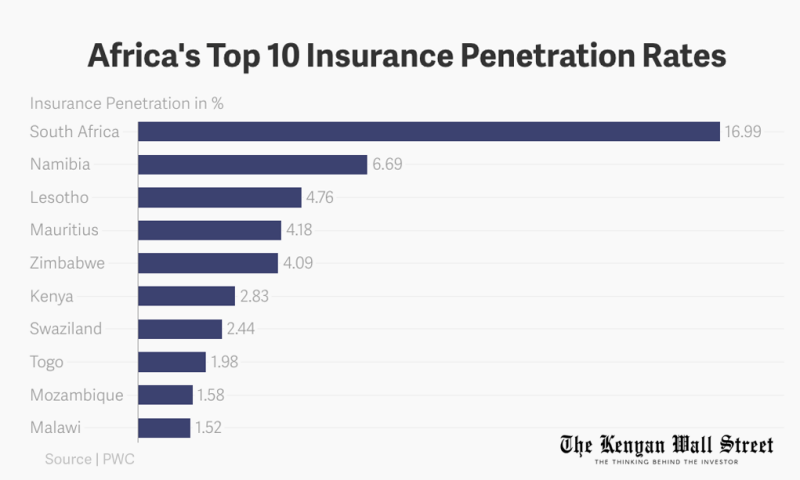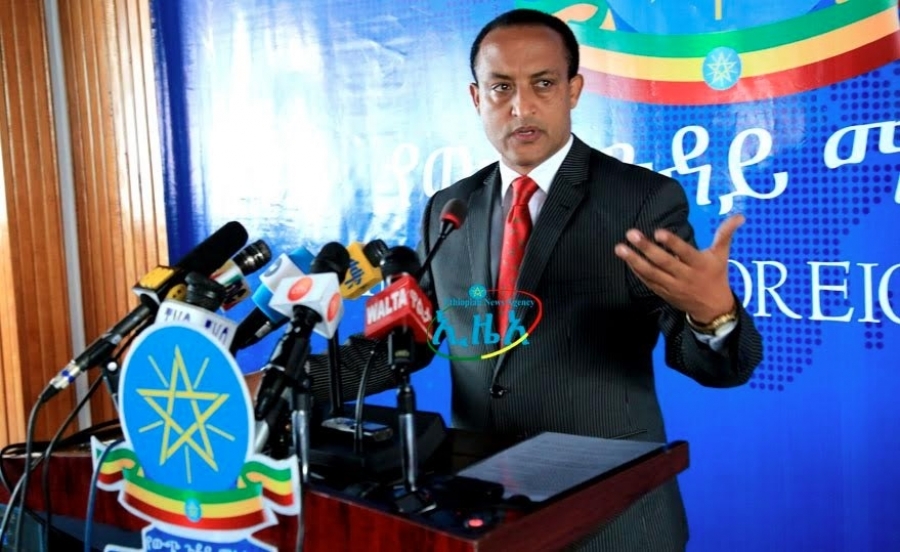Foreign Nationals In Ethiopia Can Now Set Up Banks And Insurance Business
Ethiopia is on course to liberalize its economy. Apart from opening bids for its first-ever privately owned telecom license, foreigners who are not citizens of Ethiopia may soon get a law that would allow them to set up and run insurance services as well as set up microfinance banks.

Here Is The Deal
- Two draft bills that aim to restructure the country’s existing business law governing insurance companies and microfinance institutions have been passed by Ethiopian Council of Ministers.
- The bills would definitely scale through and be passed into law since they were developed by the National Bank of Ethiopia and endorsed by the Ethiopian Council of Ministers.
- What is just remaining is for the Ethiopian House of People’s Representatives, the Ethiopian parliament’s lower house, to which it had been forwarded to, to put its final ratification on it.
- Under the new law, all that is needed, among other things, for a foreigner to set an insurance or microfinance business is for the foreigner to be a foreign national of Ethiopia.
- This is part of restructuring Ethiopia’s current laws on insurance and microfinance sectors, according to the Ethiopian PM’s office.
The decisions to amend the East African country’s existing business laws governing insurance companies and microfinance institutions were made in line with recent and ongoing “large-scale” reform measures in the sectors, the Ethiopian Prime Minister’s Office revealed in a statement.

Here Is The Change These New Laws Are Bringing To The Table
- Article 656 of the Ethiopian Commercial Code provides that the law shall determine the conditions under which physical persons or business organizations may carry on insurance business.
- Recourse is however made to other parts of the commercial code and other laws to find out as to who may undertake insurance business and the conditions under which it may be undertaken in Ethiopia.
- Accordingly, Article 513 of the commercial code provides that banks and insurance companies cannot be established as private limited companies, i.e., a private limited company cannot engage in banking, insurance or any other business of similar nature.
- Similarly, Article 6(1) of the Licensing and Supervision of Insurance Business Pro No 86/1994 provides that no person may engage in the insurance business of any type unless it applies to and acquires a license from the National Bank of Ethiopia for the particular class or classes of insurance.
- Furthermore, Article 4(1) and Art 2(3) of the same proclamation provide that such person has to be a share company as defined under Article 304 of the commercial code.
- These requirements/conditions in effect prevent foreigners from engaging in the insurance business and foreign banks from opening branches and operating in Ethiopia.
- The most probable reason for this position is the need to protect infant domestic insurance companies which do not have the desired financial strength, know-how, and human resources to be able to compete with foreign banks which have the superior capacity in these areas.
- The new laws, therefore, are preparing to change all these.
- Under the new law, all that is needed, among other things, for a foreigner to set an insurance or microfinance business is for the foreigner to be a foreign national of Ethiopia.

Freeing Up The Economy
Ethiopia has also recently announced that government would no longer be monopolizing its telecom sector. At the moment, there is no MTN, Airtel, Safaricom, Vodafone or any other mobile telecom operator in the East African country of Ethiopia, but that will no longer be the case before this year ends. The country is set to award its first set of telco licenses to multinational mobile companies by the end of 2019.
Before this happens, Ethiopia’s government has continually monopolized the country’s telecom industry. Hence, this is expected to end a state-wide monopoly and open up one of the world’s last major closed telecoms markets.
Charles Rapulu Udoh

Charles Rapulu Udoh is a Lagos-based Lawyer with special focus on Business Law, Intellectual Property Rights, Entertainment and Technology Law. He is also an award-winning writer. Working for notable organizations so far has exposed him to some of industry best practices in business, finance strategies, law, dispute resolution, and data analytics both in Nigeria and across the world.

